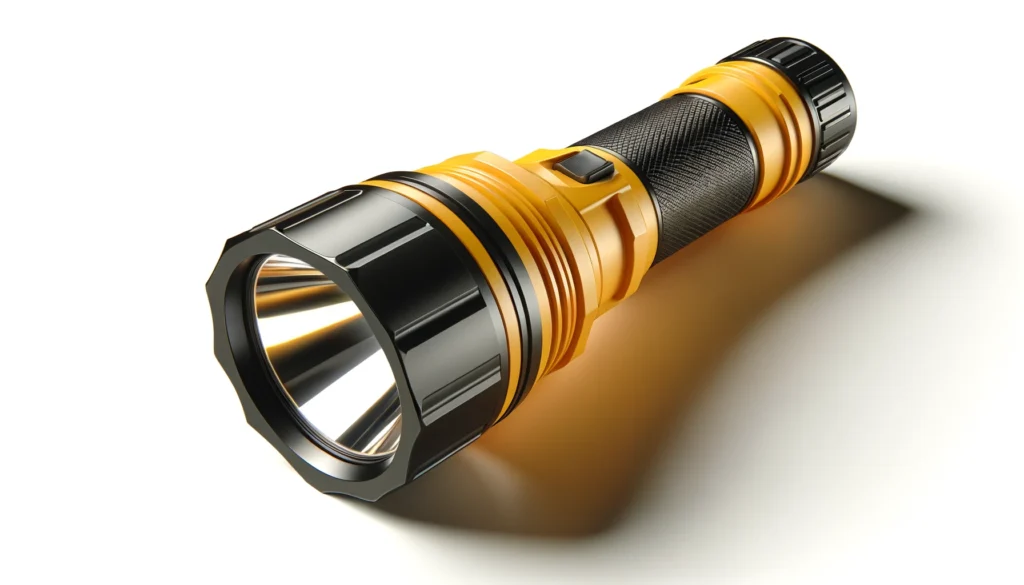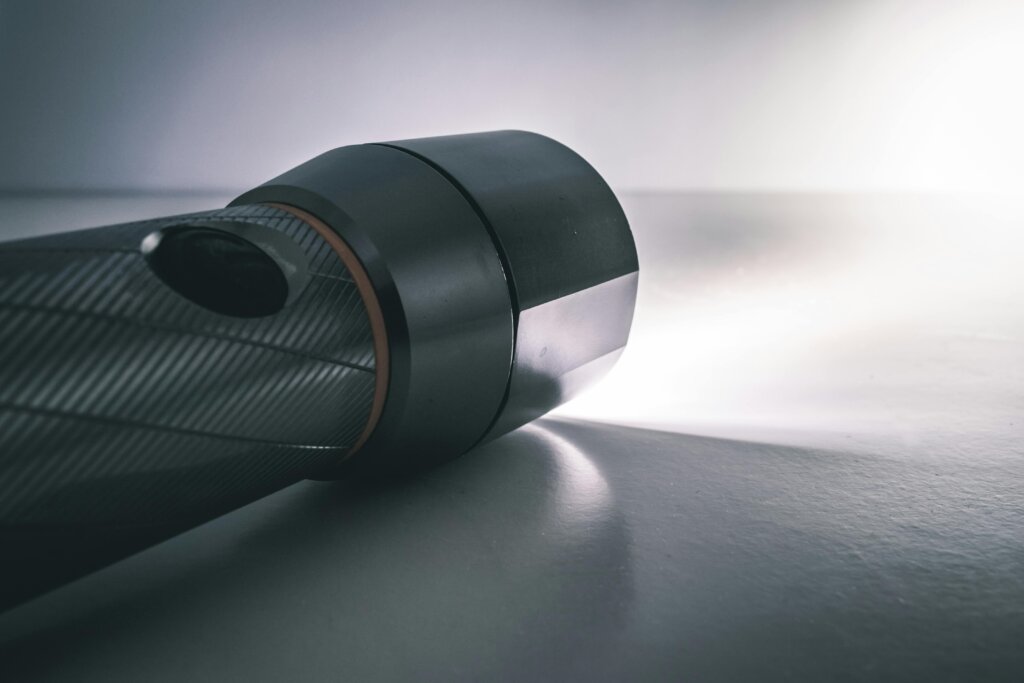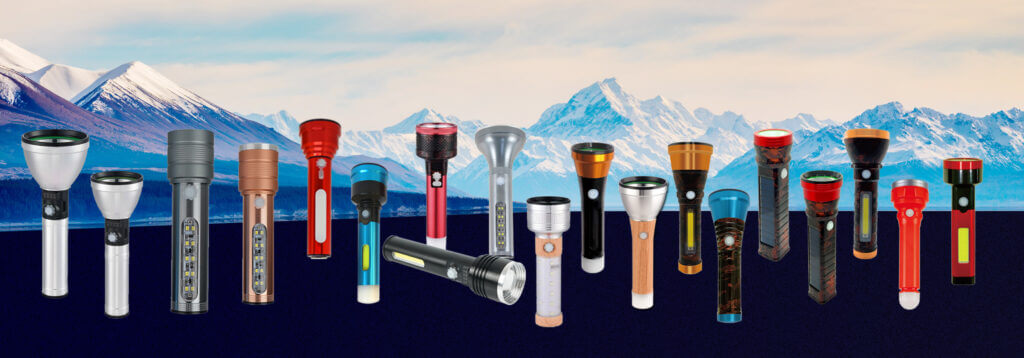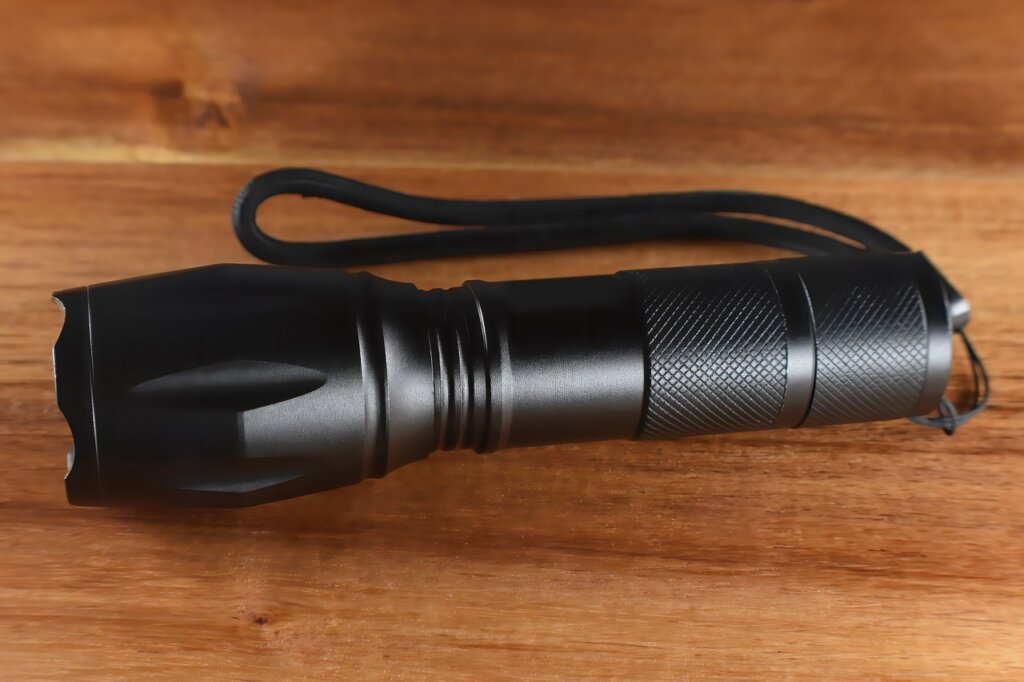Table of Contents
Yes, flashlight batteries are recyclable, but the recycling process depends on the battery type. Recycling helps reduce environmental impact, conserve valuable materials, and support sustainable practices.
Understanding how different batteries can be recycled is key to making eco-friendly choices, especially for items like flashlights that we rely on daily. Let’s explore the types of flashlight batteries, recycling methods, and the impact of proper disposal.

What Types of Flashlight Batteries Are Recyclable?
Flashlights typically use different types of batteries, including alkaline, lithium-ion, and NiMH. All of these can be recycled, though the methods vary depending on the material.
Table of Contents
Knowing the types of batteries your flashlight uses is the first step toward understanding recycling options. Each type—whether alkaline, lithium-ion, or NiMH—has unique characteristics and recycling requirements, which we’ll detail below.
For those considering rechargeable options, check out our multifunction flashlights, designed to reduce waste and improve performance.
How Do Flashlight Batteries Get Recycled?
The recycling process varies for each battery type. Alkaline batteries can often be recycled in standard municipal facilities, while lithium-ion and NiMH batteries need specialized facilities.
Understanding the recycling processes can make it easier to ensure your batteries are disposed of correctly. While alkaline batteries are straightforward to recycle, lithium-ion and NiMH batteries involve more complex methods to safely recover valuable materials. These processes highlight the importance of taking batteries to the right facility.
Taking these small steps not only aids the environment but also helps reduce risks like contamination or accidental fires. Read more about flashlight efficiency and sustainability on our blog.

Why Is Proper Flashlight Battery Disposal Important?
Improper disposal of flashlight batteries can cause environmental harm, leading to soil contamination, water pollution, and increased landfill waste. Recycling prevents these negative effects.
The environmental consequences of improper battery disposal are far-reaching. Batteries contain hazardous materials that, if not managed properly, can seep into ecosystems, causing long-term damage. This is why recycling plays a critical role in mitigating these issues.
How Can I Recycle Flashlight Batteries?
To recycle flashlight batteries, follow these steps:
- Identify the Battery Type: Know whether it’s alkaline, lithium-ion, or NiMH.
- Find a Recycling Facility: Use online resources like Call2Recycle to find a local drop-off location.
- Drop Off the Batteries: Ensure you store them safely—taping the terminals to prevent short-circuiting.
By taking the time to prepare batteries properly for recycling, you’re contributing to a cleaner and more sustainable world. Simple actions like these help combat the challenges outlined earlier, ensuring harmful materials don’t end up in landfills.
What Are the Recycling Rates for Batteries?
Statistics show that only a small percentage of batteries are properly recycled. For example, only about 5% of lithium-ion batteries are recycled in the U.S.
These statistics underline the urgent need for better recycling practices. As the global recycling market grows, there’s hope for improved infrastructure and awareness. However, individual efforts remain essential to improving these rates.
For more about choosing environmentally friendly flashlight options, visit our product page.

What Are the Benefits of Recycling Flashlight Batteries?
Recycling flashlight batteries offers many benefits:
- Environmental Protection: Reduces hazardous waste and prevents soil and water contamination.
- Resource Conservation: Recovers valuable materials like cobalt, nickel, and lithium, which can be used in new products.
- Supports the Circular Economy: Reusing materials in manufacturing processes reduces the need for mining and helps promote a sustainable economy.
The benefits of recycling extend beyond environmental protection. By recycling batteries, you’re actively supporting sustainable practices and contributing to a global shift toward more responsible consumption.
What Are the Common Misconceptions About Battery Recycling?
Many people believe all batteries can go into the trash, but this isn’t true for all types.
Misconceptions about battery recycling can lead to improper disposal. It’s crucial to dispel myths, such as the idea that all batteries can be thrown away with regular trash. Recycling facilities are equipped to handle the hazardous components in batteries, ensuring they’re processed safely.
For more clarity on battery usage and maintenance, explore our guide on ideal flashlight brightness.

Where Can I Recycle Flashlight Batteries?
There are many places to recycle flashlight batteries, including:
- Local Hardware Stores: Stores like Home Depot and Lowe’s often have drop-off bins for used batteries.
- Dedicated Recycling Centers: Websites like Call2Recycle list drop-off locations for battery recycling.
Finding accessible recycling locations makes it easier to form sustainable habits. By utilizing these resources, you can contribute to a growing movement toward responsible waste management.
What Does the Future Hold for Battery Recycling and Sustainability?
The future of battery recycling looks promising with advancements in technology and growing awareness.
As recycling technology improves, so does the ability to recover materials from batteries more efficiently. Increased consumer awareness and regulatory changes are driving innovations that will make recycling more accessible and impactful.
Looking ahead, manufacturers and consumers alike have a role to play in ensuring batteries are part of a sustainable lifecycle.
Conclusion
Recycling flashlight batteries is a crucial step toward protecting the environment and conserving valuable resources. Take action today by identifying your battery type, finding a local recycling facility, and properly disposing of your used batteries. By recycling, you help create a more sustainable future for everyone.
Explore more about flashlights and their impact to make informed and eco-friendly choices.



